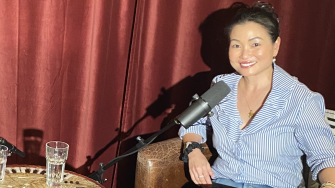Marketing leader calls for stronger protocols around generative AI
The Chief Marketing Officer at financial services organisation Link Group, Wendy Mak, is urging the marketing industry to better balance AI-driven productivity gains with the duty to craft honest campaigns.

